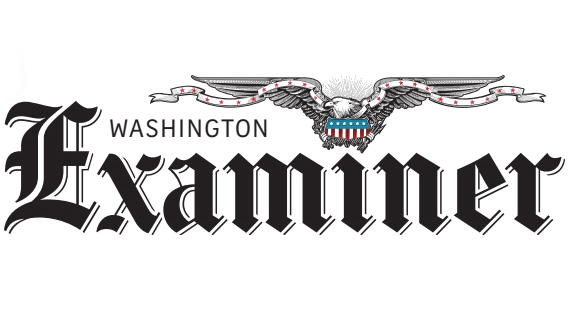At the end of July, Baltimore Mayor Catherine Pugh signed two charter amendments, cementing their appearance on the November ballot. One of these measures would provide politicians with tax dollars for their political campaigns. This same amendment passed the Baltimore City Council in June.
The specifics of the program are still undefined. If the measure is approved by voters, the mayor and the City Council would then decide how many tax dollars to provide for the program and many other details. Likewise, a commission that would be created if the proposal becomes law would spell out the specifics of the program.
But even without the details, every council member and the mayor are for some reason certain this is a great idea.
During the council’s hearing on the proposal, both politicians and activist groups supporting this taxpayer-financed campaign system claimed it would increase opportunity for political newcomers and reduce corruption.
All involved seemed unfazed by the only speaker opposing the bill, the Baltimore City Department of Finance. The department’s representative warned that the city is projecting a shortfall of revenue, has massive unfunded liabilities, and the highest taxes in Maryland. In light of this situation, the department suggested that there was little public money to put aside to fund political campaigns.
This advice was summarily ignored.
Perhaps ignoring the department’s recommendation would be worthwhile if proponents’ claims about the program were based on evidence instead of rhetoric. Solving issues from corruption to dirty water surely would be worth the hefty price tag. But the results from other cities with tax-funded campaign programs provides no evidence supporters’ claims are true.
New York City has one of the oldest, and most expensive, public financing programs in the country, and little to show for it, other than a large tax bill.
Take, for example, the most recent mayoral general election, where Bill de Blasio cruised to his second term as mayor, winning more than 66 percent of the vote. Still, de Blasio convinced the City’s Campaign Finance Board that he was facing more than “minimal opposition” and qualified for 6-to-1 matching funds despite the program failing to produce a worthwhile challenger. De Blasio received more than $2 million from the city’s coffers in the primary alone.
Also, suspiciously missing from the debate in Baltimore is the fact that the subsidies can be used to support extremist candidates. Thomas Lopez-Pierre campaigned for New York City Council on a platform centered around attacking “greedy Jewish landlords.” He received almost $90,000 in taxpayer financing from the city to spread his message of hate.
Prohibiting individuals like Lopez-Pierre from participating in the program would be unconstitutional. As a result, taxpayers are on the hook for supporting candidates with which they disagree (perhaps strenuously, in the case of Lopez-Pierre).
Similar programs in other cities have also resulted in spectacular failures.
Seattle recently adopted an experimental tax-financing program using “Democracy Vouchers” with the goal of propping up new candidates. Despite being structured differently from New York City’s program, the results were largely the same.
Incumbent candidates and those with existing support from well-established groups used this system to collect hundreds of thousands of dollars for their campaigns. Meanwhile, first-time candidates struggled to meet the requirements necessary to access the funds.
Hisam Goueli, a first-time candidate and an openly gay Muslim, appeared to be the very kind of person the program was supposed to empower. Instead, Goueli spent his time chasing down “Democracy Vouchers” instead of campaigning. After all his hard work, he qualified for the vouchers just days before the election, leaving him no time to communicate his platform to voters.
While Seattle’s program has failed to help new candidates, it has succeeded in opening up a new avenue for corruption. One candidate has already been sentenced to community service and ordered not to use the voucher program in the 2019 election for attempting to defraud the program. Numerous examples of fraud and abuse of New York City’s tax-financing program have been documented as well.
The failures of tax-financing elsewhere should serve as a cautionary tale to the residents of Baltimore. No matter the specifics of the city’s program, the results are likely to be the same as in Seattle and New York. Millions of dollars will flow to incumbent or well-connected politicians, some of whom engage in corrupt dealings, as political newcomers struggle to navigate the program’s red tape.
Eric Peterson (@illinoiseric89) is a contributor to the Washington Examiner ‘s Beltway Confidential blog. He is a senior policy analyst at the Institute for Free Speech.













